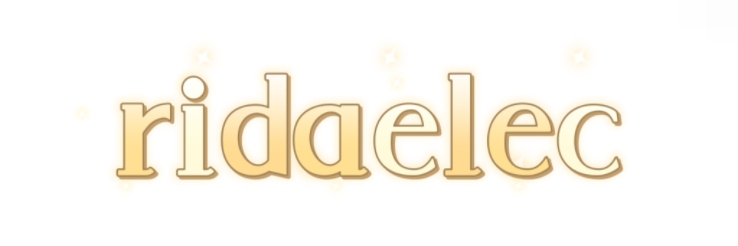Push Notifications vs. SMS: Which is Best for Your Business?
ITNIOTECH are exported all over the world and different industries with quality first. Our belief is to provide our customers with more and better high value-added products. Let's create a better future together.
# Push Notifications vs. SMS: Which is Best for Your Business?
In today’s fast-paced digital landscape, businesses are constantly looking for effective ways to engage with their audience. Two popular methods of communication that often come to mind are push notifications and SMS (short message service). Both have their unique advantages, but which one is best for reaching your customers? In this article, we’ll explore the strengths and weaknesses of each method to help you make an informed decision for your business.
## Understanding Push Notifications.
Push notifications are messages that pop up on a user’s device, whether it's a smartphone, tablet, or computer. These messages can be sent directly from an app and can include text, images, or even videos. Users must opt-in to receive these notifications, which allows businesses to reach an engaged audience.
### Advantages of Push Notifications.
1. **Rich Content**: Push notifications can include multimedia elements, making them visually appealing.
2. **Targeted Messaging**: Businesses can segment their audience and send personalized messages based on user behavior and preferences.
3. **Higher Engagement Rates**: Push notifications tend to have higher open rates compared to traditional email campaigns, largely because they appear directly on a user’s device.
### Disadvantages of Push Notifications.
- **User Opt-In Required**: If users don’t opt in, you can’t reach them via this method.
- **Risk of Annoyance**: Sending too many notifications can lead to users opting out, so it’s essential to strike the right balance.
- **Limited Reach**: If your customer base is not heavily utilizing your app, push notifications may not be an effective communication tool.
## The Power of SMS.
SMS, or text messaging, is a direct way to reach your customers on their mobile devices. Unlike push notifications, SMS does not require users to have a specific app installed, allowing businesses to engage a wider audience.
### Advantages of SMS.
1. **Wider Reach**: SMS can reach anyone with a mobile phone, making it an excellent option for businesses with a diverse audience.
2. **Instant Delivery**: Messages are usually delivered immediately, ensuring your communication is timely.
3. **Higher Open Rates**: Studies have shown that SMS messages typically boast open rates as high as 98%, which is significantly higher than emails and other forms of communication.
### Disadvantages of SMS.
- **Character Limit**: SMS messages are limited to 160 characters, which makes conveying complex information challenging.
- **Potential Costs**: Depending on your SMS provider, sending messages may incur costs, especially if you’re reaching a large audience.
- **Less Multimedia**: While SMS can include links, multimedia elements are not as rich as those offered through push notifications.
## Choosing the Right Option for Your Business.
When deciding between push notifications and SMS, it’s essential to consider your business goals, audience preferences, and resources. Here are a few factors to take into account:
### 1. Audience Engagement.
Evaluate how engaged your audience is with your app or mobile presence. If they’re actively using an app, push notifications can be an effective way to maintain that engagement. Conversely, if your audience is less app-centric, SMS might serve you better.
### 2. Message Complexity.
Determine the nature of the messages you want to send. If you need to convey detailed information or include images, push notifications offer more flexibility. For quick reminders or promotions, SMS is straightforward and effective.
### 3. Budget Constraints.
Consider your budget for marketing communications. SMS typically incurs costs per message sent or received. Push notifications generally involve app development costs, but once established, can be a cost-effective option for reaching users.
## Best Practices for Implementation.
Regardless of the method you choose, implementing best practices ensures your communications remain effective and well-received:
- **Respect Frequency**: Avoid bombarding users with too many messages. Quality over quantity is key to maintaining engagement.
- **Include Clear Calls to Action**: Your messages should always guide users toward what you want them to do next, whether it’s visiting your website, completing a purchase, or downloading content.
- **Analyze and Adapt**: Monitor engagement metrics to understand which messages resonate with your audience. Use this data to refine your strategy continually.
## Conclusion.
In the battle of push notifications versus SMS, there’s no one-size-fits-all answer. The best choice depends on your specific business needs, your audience’s behavior, and your message's complexity. Ultimately, understanding the strengths and limitations of each method allows you to craft a communication strategy that effectively engages your customers and drives results. By leveraging both push notifications and SMS in a complementary manner, businesses can maximize their reach and impact, ensuring their messages resonate with the right audience at the right time. .
Ready to elevate your business communication strategy? Test both methods, analyze your results, and see what works best for you. Happy communicating!
If you are looking for more details, kindly visit our website.
For more push notifications vs. smsinformation, please contact us. We will provide professional answers.

